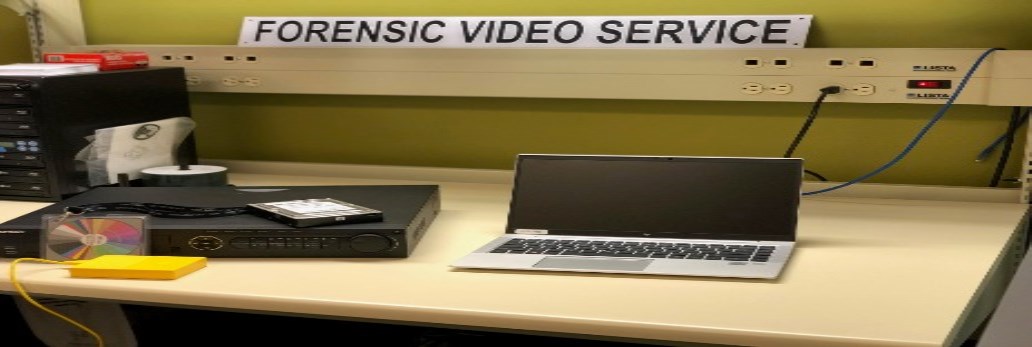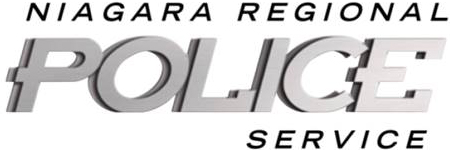
What is the Forensic Services Unit?
The Forensic Services Unit (FSU) works in the area of forensic science. FSU applies science and technology to law enforcement. This aids the Niagara Regional Police Service in gathering evidence, identifying people, and cataloging their arrests.
What is Forensics?
The term 'forensic' comes from the Latin word meaning ‘a forum in which legal disputes are settled’. While the term originally referred to legal forums of the Roman Empire, the modern equivalent would be today's courts. Therefore, forensics is the use of various scientific methods, techniques, and technologies to assist the police and public with criminal court cases.
What Services Does the Forensic Services Unit Provide?
The Forensic Services Unit provides a number of services, which start at crime scenes and continue through the judicial process. These services include the gathering of evidence, cataloging and using the results to determine who committed the crime. In the end, it assists in acquiring a conviction. Equally important is excluding individuals suspected of a crime. FSU can do this by following proven methods and using the latest technologies available.
FSU identifies suspects through the analysis of evidence left at a crime scene. Whenever a suspect of a crime comes in contact with a crime scene, he/she will bring something into the scene and leave with something from the scene. This may include fingerprints, palm prints, footwear impressions, hair, blood, saliva, semen, fibers, soil, tool and tire marks. FSU members are highly trained in identifying and collecting items, which may be suitable for analysis by the Centre of Forensic Sciences in Toronto. Depending on the crime, FSU members will gather and analyze evidence using the most appropriate methods. Methods include crime scene photography, bloodstain pattern analysis, attending post mortems, examining vehicles and creating scale diagrams. In their work, members will use databases such as AFIS (Automated Fingerprint Identification System) and the NDDB (National DNA Data Bank). FSU also reenacts crimes through still photography and/or video and use photographic software for enhancements. This assists greatly when presenting the case to the courts.
FSU is also responsible for collecting and preserving video evidence at crime scenes. The video and/or audio-based evidence is then processed using digital forensic video equipment. FSU will enhance the crime scene video in order to assist investigators with viewing evidence and suspects.
FSU provides specialized and expert services to the Niagara Regional Police Service, which includes consultation and assistance to police officers with search warrants and exhibits. FSU also utilizes resources that are available through other law enforcement agencies. Members have a close working relationship with organizations like the Ontario Provincial Police, Royal Canadian Mounted Police, the Centre of Forensic Sciences and the Regional Coroner’s Office. This provides FSU with access to forensic experts, not available at the local level.
 I'd Like To
I'd Like To





 Subscribe to this Page
Subscribe to this Page